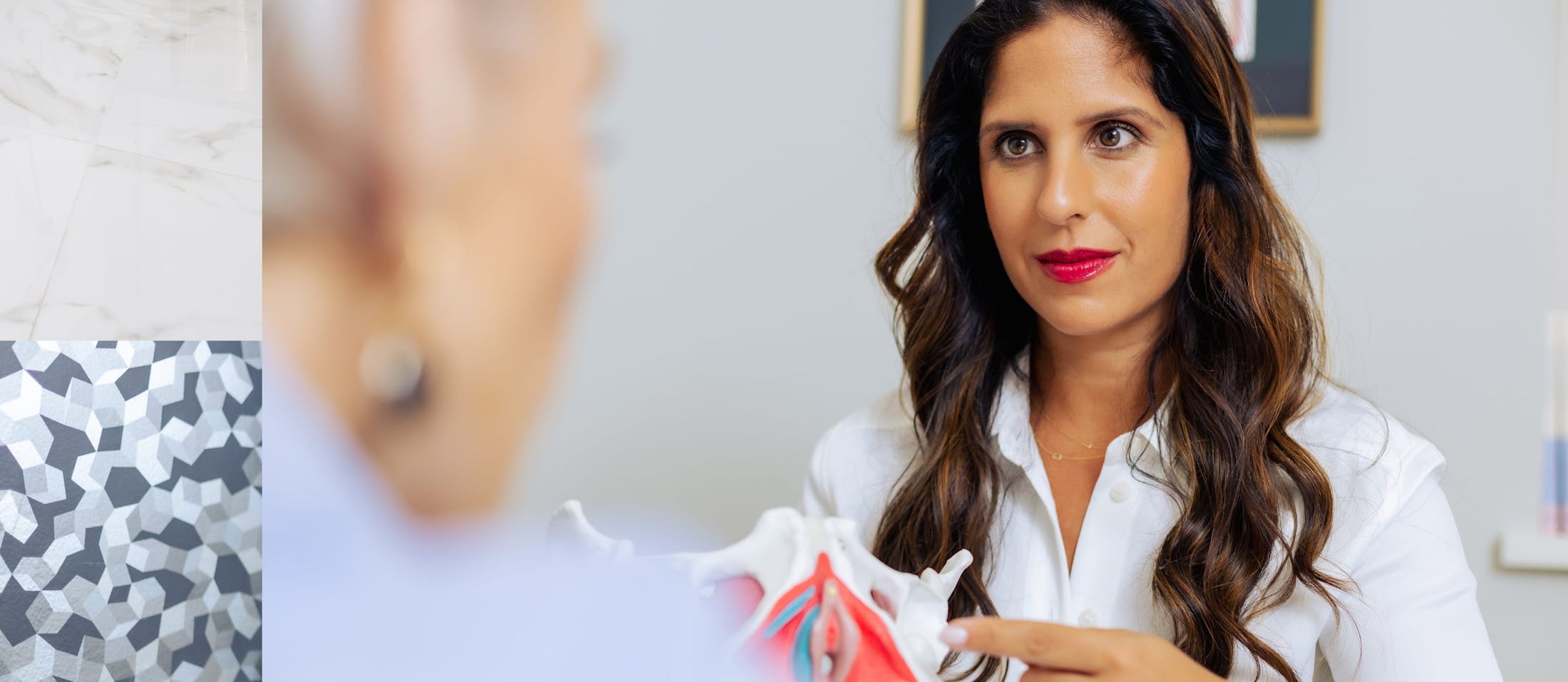Lichen sclerosus is a dermatologic condition in which the genital and anal areas of the body have developed thin, patchy, discolored skin. It is most commonly found in women but can affect both sexes. While it is not a contagious condition, it can be troublesome, causing various symptoms.
What are the symptoms of lichen sclerosus?
It's possible to have mild lichen sclerosus with no symptoms. When symptoms do occur, they usually affect the skin of the:
- Genital and anal areas
- Back
- Shoulders
- Upper arms
- Breasts







